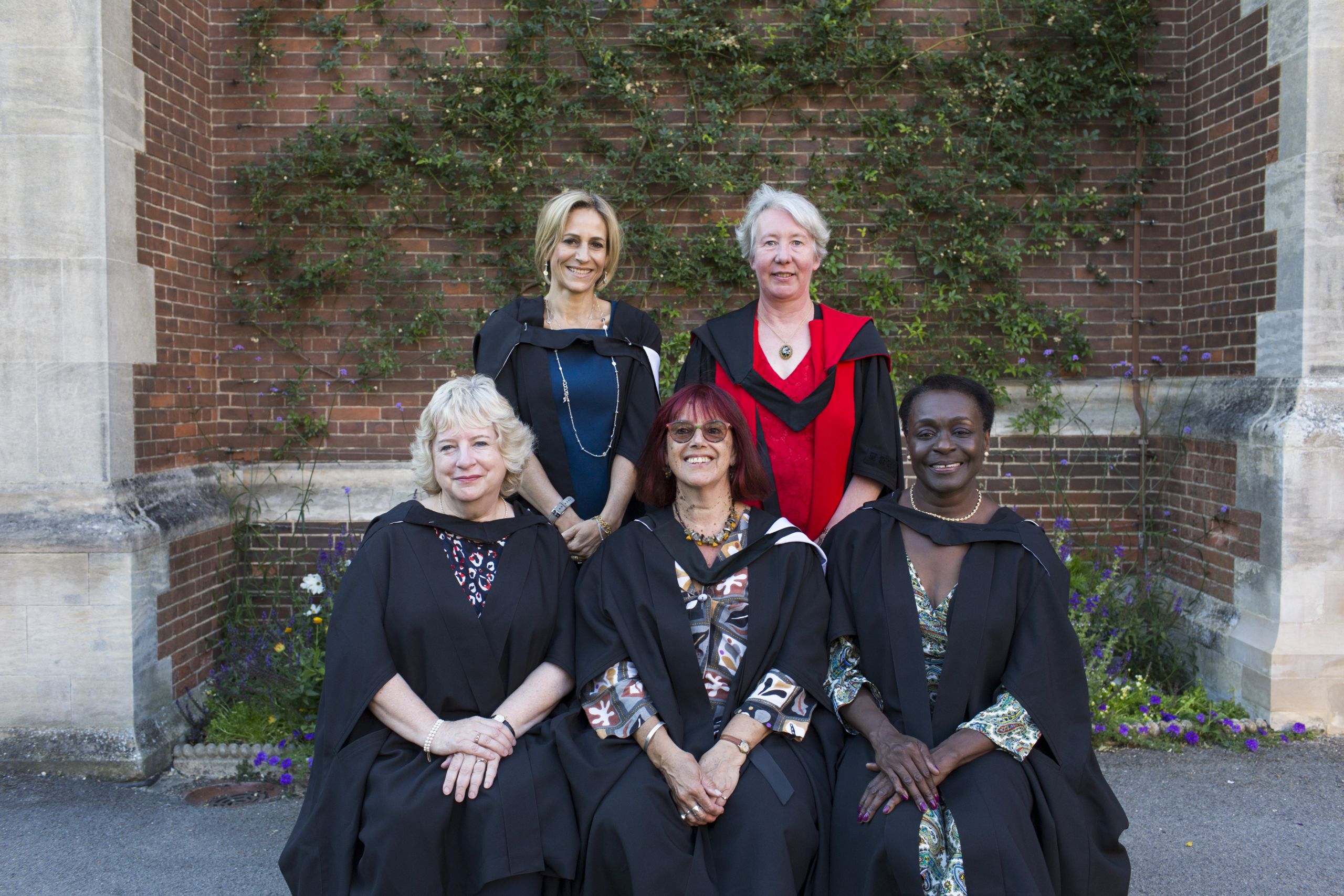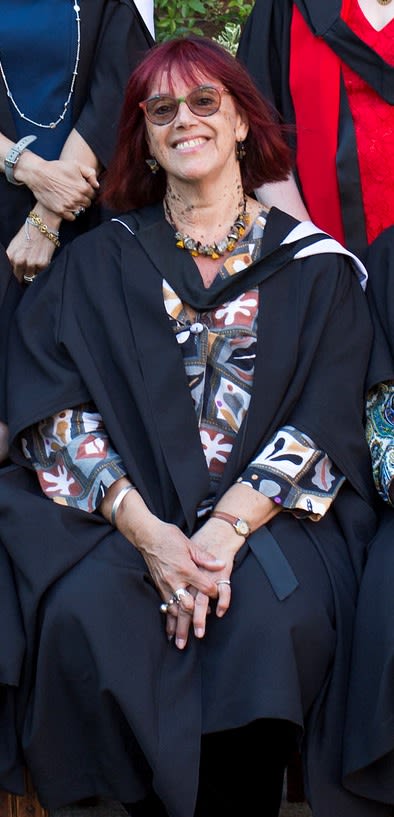40Years:
Professor
Naomi Segal
Queens' first
female Fellow

Professor Naomi Segal (Hon Fellow) was elected to the Fellowship in 1979, as a Tutor and supervisor in French & German.
Why did you answer the call to come to Queens’?
They were advertising for a very specific role, for someone to teach French and German, and comparative posts were rare. Also, I had been a student at Newnham so I knew Cambridge well – it was a delight to come back.
In the interview, they asked me about the question of mixed sharing: what should we do if a man and a woman wanted to share a set? In those days, if students wanted to be in College for all three years, they had to be willing to share with someone in their second year. And I said, ‘I don’t see a problem, you’ve probably had gay couples sharing for centuries.’ Luckily, this didn’t seem to count against me.
How was the admission ceremony in Chapel adapted?
The admissions ceremony had to change slightly for me because socius (Fellow, masculine) had to be changed to the feminine (socia). In addition I asked for the phrase referring to ‘Father, Son and Holy Spirit’ to be changed to ‘in nomine Dei’, because I am Jewish.
Life at Queens'
The tutorial arrangements after the College went mixed were very well thought through by the then Senior Tutor, John Green. I was not assigned all the female students; instead, each Tutor had a group of both sexes but all the students were told that if, for any reason, they would like to speak with a different Tutor, they would be welcome to. So that allowed the women to see me if ever they needed it, but did not assume that they always would.
The Oxbridge tutorial system really is incredibly good at helping students on a one-to-one basis and providing a very hands-on form of care. In my six years at Queens’ there were some very dramatic crises – in some ways, the College’s handling of them was us at our best – but of course this is something we can’t talk about – for example, in the BBC series on Queens some of the most important aspects never appeared: tutorial problems on the one hand, because they were too personal, and students working on the other, because it doesn’t make good TV drama.
I also enjoyed the teaching aspect of the job. The thing about supervisions is that the students have to answer your questions – with just two of them there is nowhere to hide. Since leaving Cambridge I have taught at various other Universities in seminar groups: you can ask a question and no one says a word. Small-group supervisions are a wonderful teaching method – though very time-intensive.
Progress
Generally, everyone was very welcoming. There was an odd moment when one Fellow announced that it was now genetically proven that women aren’t able to do maths, compose music or play chess. I know 1980 sounds like a long time ago now, but civilisation had dawned for most people by then: the feminist arguments filled plenty of shelves.
So I wrote to him arguing that this could never be proved since such inequalities, if they appear to be the case, are social and cultural matters, not biological ones. What is interesting is both that I felt that I had to make the case and also that I felt confident, in doing it, that enough of the other Fellows would see it my way.
Some things for women really haven’t changed as much as they should, like the continuing pay gap. But certain ways of thinking now seem so standard that you can’t imagine that people could have thought differently about them. At the 40 Years celebration last March I spoke about the curious changes in our use of pronouns.
Any memorable anecdotes?
One evening in my first year I was staying in College as Duty Tutor and was called to Jesus College, where I was told that a student from Queens’ was lying on the ground, drunk and incapable. I got a taxi over and the driver and I walked all over Jesus – searching the enormous grounds! – until we found this first-year student. He was lying on the gravel, and there was a policeman standing there, looking down at him.
I asked what we should do. The taxi driver wouldn’t take him, but the policeman said he could keep him in overnight and send him back to College in the morning.
So, first thing the following morning he came up to my office and knocked on the door, all bright-eyed and bushy tailed and scrubbed, and apologised.
The funny thing was, how did they know he was from Queens’? His mother had sewn labels into his jacket, saying not just his name but also the name of his College!
Social life: 'the Cambridge bubble?'
We had a good number of College feasts at Queens’. Some of them are still exactly the same, and as Honorary Fellow I am invited again. The Fellows’ wives had a separate, smaller dinner and my husband got a little fed up with people telling him how brave he was…
Whilst Cambridge can in some ways be a bubble, I used to hate the fact that people would say we didn’t live in the real world. I was involved in a feminist reading group and we had a visit once from an American feminist who kept asking ‘how can you stand it?’ But the truth was that we were cross about certain things and fighting for change, exactly as they were and as they would have been if they had been in our place. Once I had children, and because like many academic couples we had jobs in two different places, I’d be looking after them in the evening, and then rushing back to College at weekends to try and get all the marking done. It was definitely real life.
Professor Naomi Segal is now Honorary Fellow of the Institute of Modern Languages Research in the University of London.

